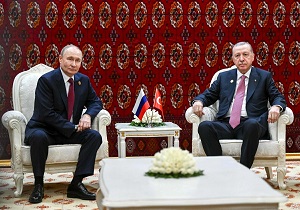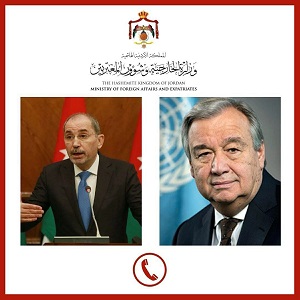WHO recommends second malaria vaccine for children
AFP
GENEVA — The UN's health agency on Monday recommended an additional malaria vaccine for children, which could save hundreds of thousands of lives by plugging a huge supply and demand gap.
Nearly half a million children in the African region die every year from the disease, which is caused by a parasite carried by mosquitoes.
"As a malaria researcher, I used to dream of the day we would have a safe and effective vaccine against malaria. Now we have two," said World Health Organisation (WHO) chief Tedros Adhanom Ghebreyesus.
The new R21/Matrix-M vaccine, developed by Britain's Oxford University and manufactured by the Serum Institute of India, has already been approved for use in Burkina Faso, Ghana and Nigeria.
In 2021, the RTS,S vaccine, produced by British pharmaceutical giant GSK, became the first to be recommended by the WHO to prevent malaria in children in areas with moderate to high malaria transmission.
"Demand for the RTS,S vaccine far exceeds supply, so this second vaccine is a vital additional tool to protect more children faster, and to bring us closer to our vision of a malaria-free future," Tedros said.
The two vaccines have similar efficacy rates of around 75 per cent when administered under the same conditions.
The WHO said that the cost-effectiveness of the new vaccine would be comparable to other childhood vaccines, with a dose of R21/Matrix-M costing between $2 and $4.
Almost half the world’s population lives in a malaria high-risk area, with the vast majority of cases and deaths occurring in Africa.
Pilot programmes to introduce the RTS,S vaccine in three countries, Ghana, Kenya and Malawi, have enabled 1.7 million children to receive at least one dose since 2019.
These programmes have led to a substantial reduction in severe and fatal forms of malaria, and a drop in child mortality.
The WHO’s regional director for Africa, Dr Matshidiso Moeti, said the new vaccine held great potential for the continent by helping to close the huge demand-and-supply gap.
“Delivered to scale and rolled out widely, the two vaccines can help bolster malaria prevention and control efforts and save hundreds of thousands of young lives in Africa from this deadly disease,” she said.
At least 28 African countries plan to introduce a WHO-recommended malaria vaccine as part of their national immunisation programmes, the organisation said.
It added that the RTS,S vaccine will be introduced in some African countries in early 2024, and the R21 vaccine is expected to be available in mid-2024.
The WHO also issued recommendations for new vaccines for dengue and meningitis, as well as an immunisation schedule and product recommendations for COVID-19.
Latest News
-
 Hamas marks 38th anniversary, rejects all forms of guardianship over Palestinians
Hamas marks 38th anniversary, rejects all forms of guardianship over Palestinians
-
 Erdogan warns Black Sea should not be 'area of confrontation' after strikes
Erdogan warns Black Sea should not be 'area of confrontation' after strikes
-
 Indonesia flood death toll passes 1,000 as authorities ramp up aid
Indonesia flood death toll passes 1,000 as authorities ramp up aid
-
 Safadi, UN Chief highlight vital role of UNRWA, call for continued humanitarian aid to Gaza
Safadi, UN Chief highlight vital role of UNRWA, call for continued humanitarian aid to Gaza
-
 'Israel' targets Hamas commander in Gaza strike
'Israel' targets Hamas commander in Gaza strike